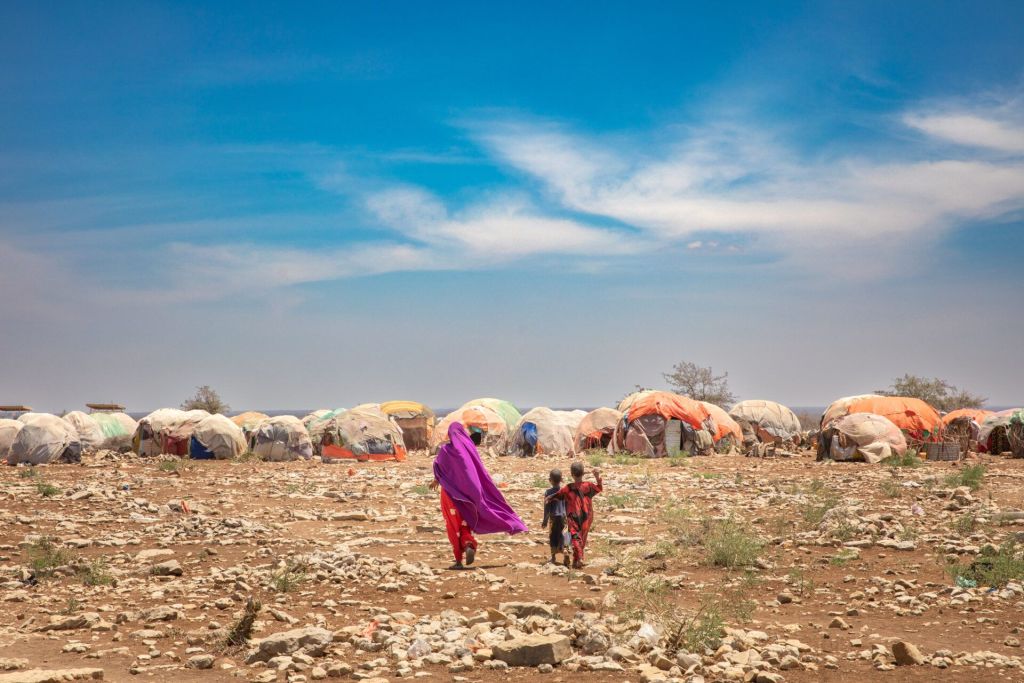
Mercy Corps Ventures, a leading global humanitarian organization, has recently announced a partnership with three organizations to launch a groundbreaking pilot program in Kenya. The pilot aims to test the use of blockchain-powered smart contracts to deliver anticipatory cash transfers to pastoralist communities in two Kenyan counties.
Pastoralists are a group of people who rely heavily on livestock or livestock products for both income and food. These communities make up over 50 million people in sub-Saharan Africa. However, changing weather patterns have posed a significant threat to their livelihoods, particularly in the eastern Horn of Africa.
To address this issue, Mercy Corps Ventures has teamed up with three technical partners: Shamba Network, DIVA Technologies, and Fortune Credit. The Shamba Network is responsible for the development of an oracle that collects and analyzes ecological data on the blockchain. DIVA Technologies has created DIVA Donate, a platform that enables transparent and efficient donations. Fortune Credit is a financial inclusion company that aims to provide solutions for vulnerable populations.
Central to this initiative is the use of smart contracts, which act as intermediaries and hold donated funds in escrow. These funds are then released to enrolled pastoralists when pasture conditions are assessed as distressing for them. One of the key indicators used to assess pasture conditions is the NDVI (Normalized Difference Vegetation Index), a widely-used metric for quantifying the health and density of vegetation using sensor data. The NDVI has been successfully utilized by the International Livestock Insurance Institute for their index-based livestock insurance products.
The pilot program seeks to demonstrate how blockchain-based solutions can be scaled to provide faster response times and mitigate the impacts of climate shocks on vulnerable communities. By utilizing self-executing smart contracts, the aim is to shorten the response time for humanitarian aid providers. This innovative approach not only enhances financial inclusion but also expands the reach of solutions to populations that are often overlooked by traditional financial institutions.
In addition to expediting the disbursement process, the pilot program also aims to eliminate administrative challenges and delays associated with manual distribution. The use of blockchain technology can automate these processes, resulting in a more efficient and transparent flow of funds allocated for humanitarian purposes.
The expansion of this pilot program has the potential to accelerate the distribution of humanitarian assistance to communities at risk of climate-related challenges. It also enhances transparency by allowing the tracking of funds allocated for these purposes.
The use of blockchain-powered smart contracts in humanitarian interventions is a significant step forward in leveraging technology for the greater good. With the potential to revolutionize the way humanitarian aid is delivered, this pilot program sets the stage for future innovations in the field. By harnessing the power of blockchain, Mercy Corps Ventures and its partners are paving the way for a more efficient, transparent, and impactful approach to delivering aid to those who need it most.






